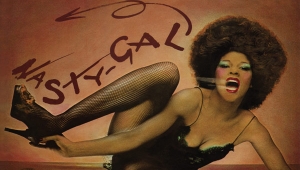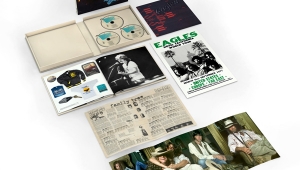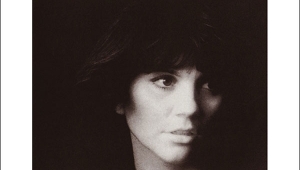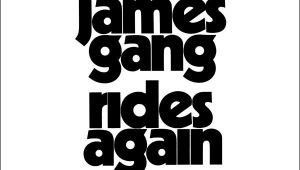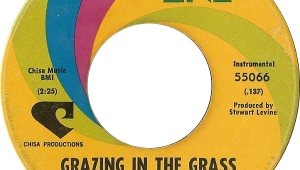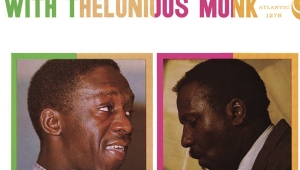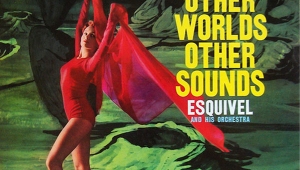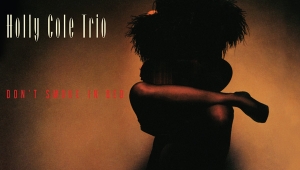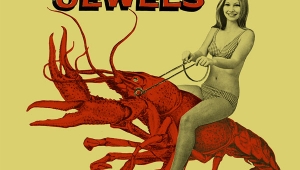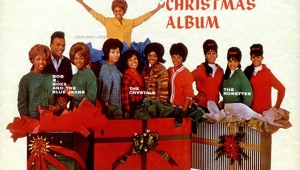| Columns Retired Columns & Blogs |
White and Lazy
There it was again. Goosebumps. Even a grainy old out–of–synch YouTube video of a 1986 sound check at Maxwell's in Hoboken still evoked a shiver. At the risk of living in the rock 'n' roll past, The Replacements were one of the best bands, bar or otherwise, that I've ever had the pleasure of witnessing. Over the years I saw Westerberg, Mars and the Stinson Bros many, many times. I saw them when they were riotously drunk, careening from one tune to the next, never finishing any of them. I saw them once at an unbilled gig do not a note of their own music, preferring instead to rip through TV themes: Batman followed by Bewitched followed by The Flintstones... I saw them jacked up on God knows what, painting their shoes and whipping bologna from a deli tray all over their dressing room. Through it all, with the possible exception of when Bob Stinson was kicked out for getting a little too addictive, they had a ball. When it got serious near the end, around the time of Don’t Tell a Soul, it was for all intensive purposes, over. They were the best thing to come out of the once vaunted Minnesota scene—okay, after Prince—and whether they liked it or not, one of the originators of the whole "alt" rock thang.
All that is why critics—always the band's best audience—are drooling over the just released Rhino reissues of the band's first four albums, all of which were released on Peter Jesperson’s Twintone label.
While I still prefer Tim and Pleased To Meet Me, the band’s first two post-Twintone records on Sire, this quartet's early records have an undeniable ragged charm about them. And even the debut, Sorry Ma, Forgot To Take Out The Trash proves once again that these monuments to excess were in reality popmeisters from the get-go. The drawback here to promising, embryonic tunettes like "Customer" and "I Hate Music," is that the record sounds like it was recorded in a 55 gallon drum. The energy in the music though is undeniable.
The big draw with these reissues is the healthy slugs of outtakes, alternate takes and demos (much of it unreleased) that come with each disc. On Sorry Ma, the band’s first four demos, dropped off by Westerberg to convince Jesperson to help the band get a live gig, have the kind of songwriting that eludes many bands even two and three records into their careers.
Then comes Stink (full title: The Replacements Stink. Initially they had a thing for self-deprecating titles), which is both more punky than the debut in the headlong rush that is "Dope Smokin Moron," and also more flecked with great hints of songwriting to come like the opener, "Kids Don't Follow," which starts with a recording of the Minneapolis Police clearing out a rowdy Mats gig. The bonus cuts include wonderfully hard-edged, fast versions of "Hey Good Lookin'" and "(We’re Gonna) Rock Around The Clock." No one, I mean NO ONE, has ever been able, before or since, to imbue covers of classics with the verve that the Mats mustered. The more obvious the cover, the more they reveled in it. There's a "hidden track" here, appended onto track 12, that is the recording of a very young Tommy (I'm assuming) talking about his influences an ending with "I Lied." Again, if nothing else, these guys had a good time.
The knockout bonus track on Stink however is track 12 proper which is a rough demo of the Westerberg track, "You’re Getting Married." Although the band played it live and even tried to work up a version for their next record, 1982's Hootenanny album. Long available on bootlegs, this ranks as one of his best unreleased songs.
Next up: Hootenanny and the breakthrough Let It Be.
- Log in or register to post comments


